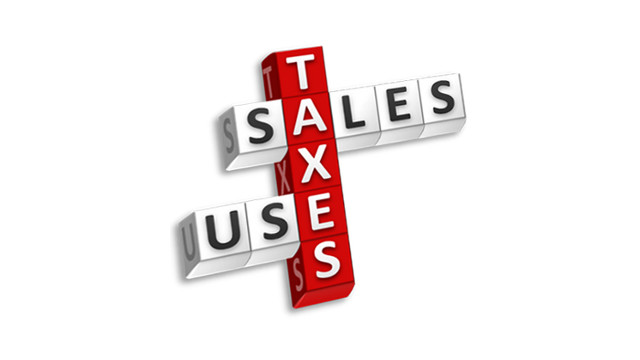Sales Tax
Push for Real-Time Sales Tax Remittance Resurges in Massachusetts
Jan. 30, 2020

Massachusetts Governor Charlie Baker’s 2021 budget proposal includes a plan to require businesses to remit sales tax more quickly. This is the third time he’s pushed for faster sales tax remittance since taking office in 2015. Will the third time be the charm?
The latest plan applies to electronically remitted sales and use tax, local option meals tax, and room occupancy tax and it would take effect in two phases.
Sales tax modernization
Phase 1 would establish a faster timeline for large businesses those whose cumulative sales tax liability in the previous 12 months is more than $100,000. Those businesses would be obligated to remit the tax collected during the first three weeks of the month in the final week of that same month, rather than by the 20th of the following month as currently required.
Businesses that fail to properly remit would be subject to a penalty of 5% of the amount of the underpayment, unless reasonable cause for the failure is established.
Phase 2 would require all retailers and third-party payment processors (e.g., credit or debit card companies) to remit tax from electronic transactions every day: Vendors would separately identify the tax due for the payment processor, who’d then remit all collected tax daily. No change is planned for reporting or remitting the tax due on cash sales.
Payment processors would file monthly reports with each vendor, identifying they tax remitted on their sales. In addition, payment processors would file monthly reports with the Department of Revenue, identifying each vendor to whom payments were made during the month and the amount of tax paid to the commission on behalf of each vendor.
The budget proposal provides an effective date of July 1, 2023. That’s an ambitious timeline.
Scott Peterson, vice president for government relations at Avalara, believes daily remittance of sales tax will probably happen eventually. However, “there are issues that must be resolved before it could apply to every retailer.”
Massachusetts seems intent on resolving those issues in the next three years, and other states will be watching to see if it does. In recent years, real-time tax collection has been considered but abandoned in Connecticut, Nebraska, New York, and Puerto Rico. Read more about the real-time sales tax collection experiment.
As Massachusetts pioneers this effort in the United States, it can look abroad for guidance. France, Poland, and other countries in the European Union are also experimenting with real-time remittance, often referred to as split payment systems. Remitting tax in real time helps reduce tax fraud, which is rampant in some parts of the EU. To that end, it may be required for certain businesses (e.g., “VAT indebted suppliers”) but optional for others.
Split payments are also required in India in certain cases, while tax authorities in Brazil are alerted — in real time — when an invoice is remitted.
Sales tax integrity
Gov. Baker’s budget proposal also calls for “sales tax integrity.” It would penalize the sale, purchase, installation, maintenance, repair, or possession of automated sales tax suppression devices (tax “zappers”) and phantom-ware. These software programs enable retailers to avoid remitting some or all sales tax collected by falsifying electronic records.
If adopted as written, first-time offenders would face a penalty of up to $10,000 (for people who sell, install, maintain or repair zappers/phantom-ware) or $25,000 (for sellers using these products to evade taxes). For subsequent offenses, the penalty would be not more than $25,000 ($50,000 for sellers).
Numerous states have already criminalized the sale or use of tax zappers, including Illinois, Michigan, and Pennsylvania.
Additional details for sales tax modernization and sales tax integrity plans in Massachusetts are available in the Governor’s Budget (H.2).
